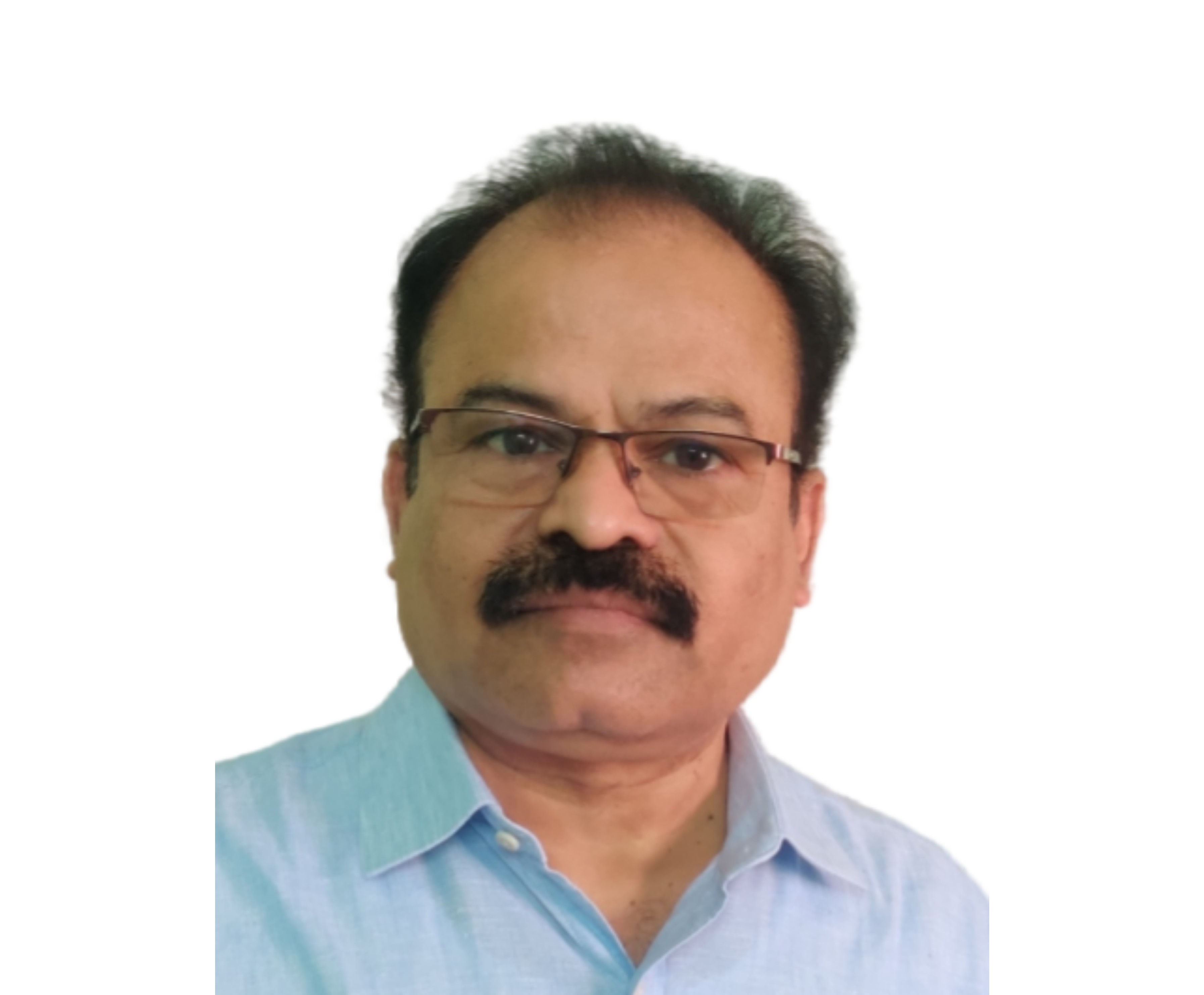
Prof (Dr.) Pankaj Bhardwaj
Director
ICMR-NIIRNCD, JodhpurEmail: director-niirncd@icmr.gov.in
Tel. +91-291-2722403
Prof (Dr.) Pankaj Bhardwaj, has completed his MBBS from MLN Medical College, Allahabad and MD (Community Medicine) from Government Medical College Surat. He has an experience of working in Medical Colleges, in Meerut, Surat, Vadodara, Lucknow and Jodhpur. He is an academician and a public health researcher with expertise spanning implementation research, geriatrics, non-communicable diseases, tobacco control, vaccines, global health, and policy research. He has authored over 250 scientific publications. He has held several leadership roles, including Dean Research, Vice Dean Research, Academic Head of the School of Public Health and Professor of Community & Family Medicine at AIIMS Jodhpur. His editorial contributions include serving as Editor-in-Chief of the Indian Journal of Community Medicine (IJCM) and as editor of scientific reports such as Polypharmacy in Over 60 published in Nature. Prof (Dr.) Bhardwaj is a Fellow of the National Academy of Medical Sciences (FAMS) and has been conferred fellowships by IAPSM, IPHA, and FAIMER. He has served in different roles as chair/ member of different committees constituted by MoHFW, State Health Department, ICMR, and WHO. He has also contributed significantly to national health programmes as Chair of the Operational Research Committee for Tuberculosis (NTEP) Rajasthan and as Nodal Officer for the Regional Institute of NACO, MoHFW for Rajasthan & Madhya Pradesh. Internationally, Prof (Dr.) Bhardwaj has been associated with prestigious institutions through fellowships and observer ships at Ludwig Maximilian University (Munich, Germany), Singapore General Hospital, Karolinska Institute (Stockholm), Public Health Agency of Sweden, European Centre for Disease Control (ECDC, Stockholm), and Johns Hopkins University.
The institute is located in Jodhpur and it replaces the erstwhile Desert Medicine Research Centre. As the name suggests, our focus is on conducting research to identify and innovate methods to tackle the rising threats of Non-communicable diseases (NCDs). NCDs have a wide spectrum. It encompasses all body organ systems as well as the psychological states. The diseases have myriad pathology, including chronic inflammatory conditions, malignant changes, immunological disorders, genetic pathologies to name a few. Equally diverse are the clusters of risk factors that contribute to pathogenesis of non-communicable diseases. The risk diversity is not restricted to life styles and human behaviour but also span the geography, climate, weather and other physical factors. Out understanding of etiopathogensis of several NCDs are evolving and to effectively prevent, control and treat, we need to continue to research and explore these complex phenomena in greater detail and with more sincerity.There are impacts of communicable diseases on their organ system which fall in the domain of Non-Communicable diseases. In order to explore and understand this relationship, we need to develop an interface between communicable diseases & non-communicable diseases. This is especially relevant due to the ongoing COVID-19 pandemic where the viral infection is causing damage to organ systems like pulmonary fibrosis, vascular thromboembolism, and mental health changes. The task is humungous and the challenges are formidable and therefore the resolve, commitment and efforts need to be matching in competency, dimension and reach. It requires cooperation from all domains of humans living on this planet. I welcome all those who have the capacity, skill, strength and above all, aptitude and willingness, to come forward to join hands with us to develop feasible solutions and implementable ideas and convert them to actionable policy recommendations, so that the battle against NCDs are won and the human race lives a better, disease free life in times to come.



